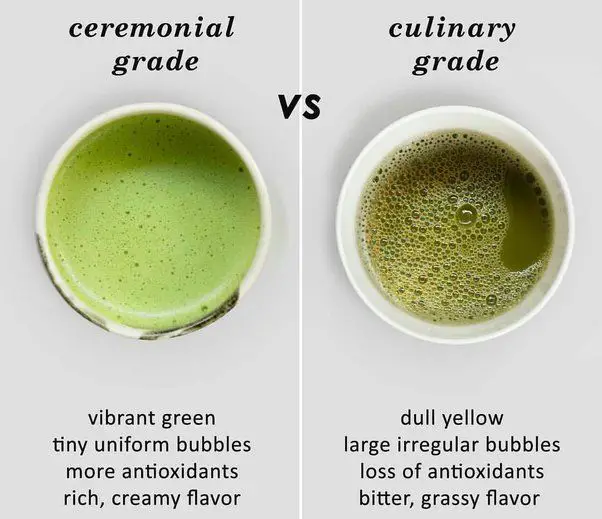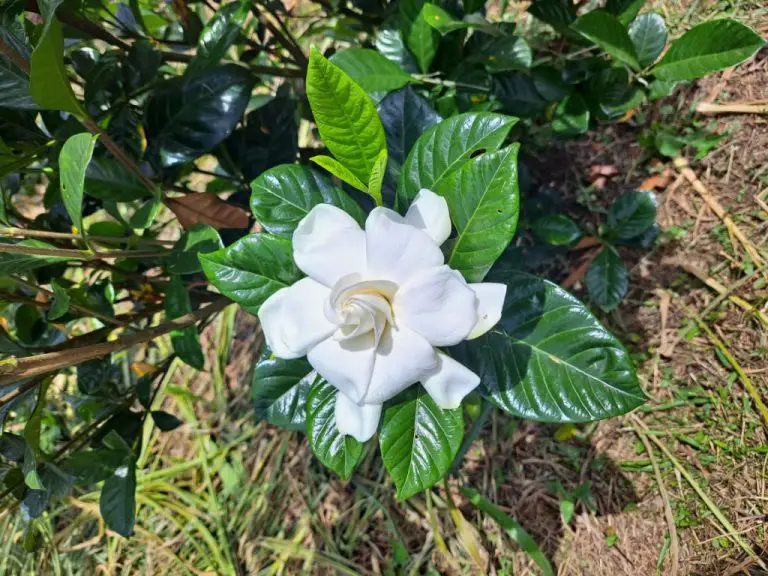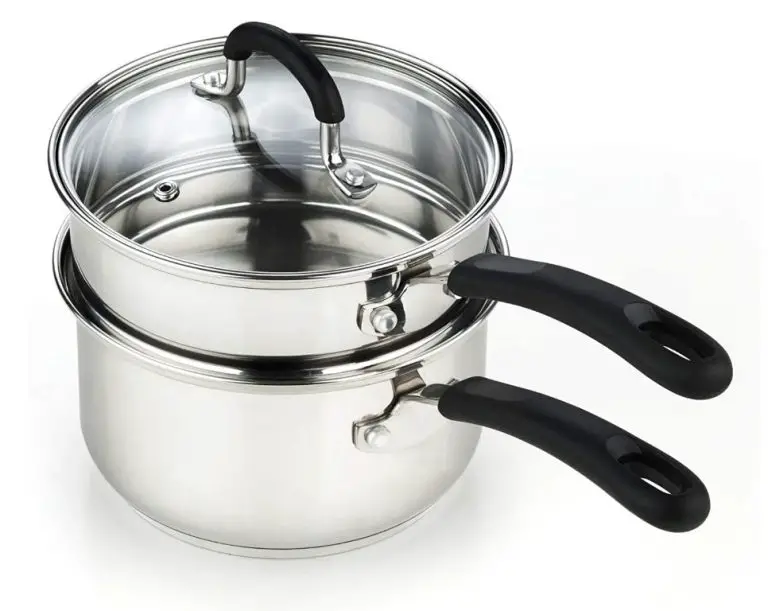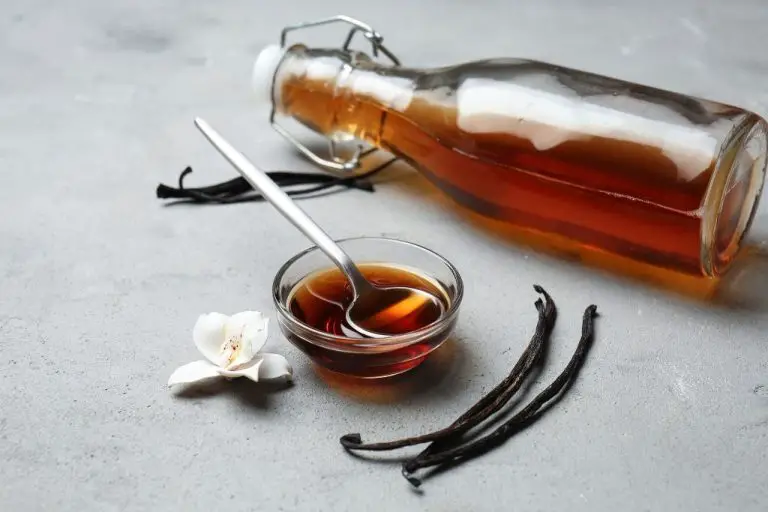Does Green Tea With Lemongrass Have Caffeine?
Introducing Green Tea with Lemongrass
Green tea with lemongrass is a blend of green tea and dried lemongrass herb. It combines the fresh, grassy flavor of green tea with the bright, citrusy taste of lemongrass. This tea has grown in popularity due to its refreshing flavor profile and potential health benefits.
Many people enjoy drinking green tea with lemongrass due to its uplifting and energizing qualities. The lemon notes provide a tangy zest, while the green tea provides a light caffeine kick. Some drink it as a morning beverage in place of coffee. Others enjoy it as an afternoon pick-me-up. The herbal addition of lemongrass enhances the flavor of the green tea, making it more palatable for those who find plain green tea too bitter.
Beyond taste, this tea blend has gained attention for its health promoting properties. Lemongrass contains antioxidants that may help reduce inflammation and promote digestion. When combined with the antioxidants in green tea, some believe this blend provides even greater health benefits. However, more research is still needed to confirm these potential effects.
Caffeine Content in Regular Green Tea
Regular green tea contains varying amounts of caffeine. According to Mayo Clinic, an 8 oz cup of brewed green tea contains around 25-48 mg of caffeine (source). The caffeine content depends on the amount of tea used, the length of brewing time, and the temperature of the water. Green tea contains less caffeine than black tea or coffee, but it still has a moderate amount of a stimulant. Drinking green tea provides a mild energizing effect to many people due to the natural caffeine it contains.

Caffeine Content in Lemongrass
Lemongrass is an aromatic tropical plant that is often used to flavor teas, soups, and curries in Southeast Asian cuisine. The long, green grassy leaves of the lemongrass plant have a subtle citrus flavor and aroma. Lemongrass is added to both food and beverages, but it is most commonly brewed on its own as a refreshing herbal tea.
Unlike true teas like black tea, green tea, and oolong tea which naturally contain caffeine, lemongrass does not contain any caffeine (Tao of Tea, Simple Loose Leaf). The lemongrass plant itself does not produce caffeine. Therefore, when brewed on its own as an herbal infusion, lemongrass tea is completely caffeine-free.
Caffeine content when green tea and lemongrass are combined
When green tea and lemongrass are combined in a tea blend, the caffeine level remains the same as regular green tea. Lemongrass is naturally caffeine-free and does not dilute or reduce the caffeine content contributed by the green tea (source). Green tea typically contains around 25-45 mg of caffeine per 8 oz serving, though the exact amount can vary based on the tea leaves used. Adding lemongrass to green tea does not change the caffeine profile – it simply adds a bright, citrusy flavor.
So a cup of green tea with lemongrass will have the same stimulating effect as regular green tea. Those sensitive to caffeine or looking to limit their intake may want to choose a decaffeinated green tea base when blending with lemongrass to create a caffeine-free herbal infusion.
Factors that affect caffeine level
The amount of caffeine in green tea depends on several factors, including the type of tea, how it’s prepared, and how long it’s steeped. According to research, the most important factors are:
- Tea variety – Some varieties naturally contain more caffeine than others.
- Growing conditions – Altitude, climate, and soil chemistry impact caffeine levels.
- Leaf size – Smaller, younger leaves tend to be higher in caffeine.
- Steep time – The longer tea steeps, the more caffeine is extracted.
- Water temperature – Hotter water extracts more caffeine.
Adding lemongrass to green tea does not reduce the caffeine content. Lemongrass is caffeine-free, so it does not contribute any additional caffeine. The caffeine level depends entirely on the green tea used and how it’s prepared. To reduce caffeine, opt for a low-caffeine tea variety, decrease steep time, or use cooler water.
Caffeine sensitivity
Some people have higher sensitivity to the effects of caffeine. This is often genetically determined, where the body metabolizes caffeine slower, allowing it to remain active in the body for longer periods of time (Healthline).
Symptoms of caffeine sensitivity can include jitters, insomnia, rapid heartbeat, anxiety, and headaches after consuming what is normally considered a moderate amount of caffeine (Medical News Today). The effects tend to be more pronounced in those with liver disease or who are pregnant.
Someone with high caffeine sensitivity may only be able to tolerate a small amount – around 20-100 mg of caffeine – before experiencing effects, whereas most can tolerate 200-300mg. Consuming too much caffeine with sensitivity can exacerbate anxiety, tremor, rapid heart rate, and diarrhea (VeryWell Health).
If caffeine sensitivity develops suddenly, it’s a good idea to talk with a doctor to rule out underlying conditions. For those with chronic sensitivity, it’s best to limit caffeine consumption and opt for decaffeinated versions when possible.
Decaffeinated green tea options
If you are sensitive to caffeine or want to avoid it entirely, there are decaffeinated green tea options available. Some popular decaffeinated green tea brands include Arbor Teas and Bigelow. These go through a process to remove most of the caffeine, typically leaving only 1-8 mg per cup compared to around 25-45 mg per cup in regular green tea.
Decaffeinated green tea retains the same health benefits of regular green tea, including antioxidants and nutrients, without the stimulant effects of caffeine for those sensitive to it. It’s a good option for drinking in the evenings or for people who experience jitters from caffeine.
Additionally, herbal tea blends like chamomile, peppermint, or rooibos blends contain no caffeine at all. These can be soothing options in the evenings or for people avoiding caffeine entirely.
Health benefits of green tea with lemongrass
Green tea and lemongrass both offer numerous health benefits when consumed. According to https://teameteas.com/blog/benefits-of-drinking-green-tea-with-lemongrass/, green tea contains antioxidants and polyphenols that can help protect cells from damage and reduce inflammation in the body. The catechins in green tea, especially EGCG, have been linked to health benefits like improved brain function, fat loss, and lower risk of heart disease and cancer.
Lemongrass also contains antioxidants and has antimicrobial, anti-inflammatory, and diuretic properties. According to https://zenmaitri.com/products/green-tea-and-lemon, lemongrass can help with stress relief, digestion, and detoxification. Some research has shown lemongrass extracts can reduce anxiety, lower cholesterol and blood pressure, and boost immunity. The vitamin C and flavonoids in lemongrass support antioxidant activity as well.
When combined, green tea and lemongrass make a tasty, aromatic blend that can provide a range of health benefits. The antioxidants, polyphenols, and antimicrobial compounds in both ingredients can help protect cells, reduce inflammation, support brain and heart health, aid digestion and immunity, promote fat loss, and more.
Recipe ideas
Green tea and lemongrass make a refreshing drink that’s perfect for hot summer days. Here are some recipe ideas to try:
Lemongrass Iced Green Tea
Ingredients:
- 6 cups water
- 3 green tea bags
- 1 lemongrass stalk, thinly sliced
- Juice of 1 lime
- Honey or agave nectar to taste (optional)
Instructions:
- Bring water to a boil, then remove from heat. Add tea bags and lemongrass; let steep 5 minutes.
- Remove tea bags. Stir in lime juice and sweetener if desired. Refrigerate until chilled.
- Serve over ice. Garnish with lemongrass slices if desired.
Ginger Lemongrass Green Iced Tea
Ingredients:
- 4 cups water
- 2 green tea bags
- 1 lemongrass stalk, bruised
- 1 inch ginger, sliced
- 1 tbsp honey or to taste
Instructions:
- Bring water to a boil in a saucepan. Remove from heat and add tea bags, lemongrass and ginger. Let steep for 5 minutes.
- Strain the tea into a pitcher, discarding solids. Stir in honey until dissolved.
- Chill tea in the fridge before serving over ice.
Garnish drinks with lemongrass slices or lime wedges.
Summary
To recap, green tea with lemongrass contains caffeine from the green tea leaves. The exact amount can vary based on the ratio of tea to lemongrass, and how the drink is prepared. Even though lemongrass itself is caffeine-free, combining it with green tea produces a beverage that still delivers a dose of stimulant.
For those who are sensitive or want to avoid caffeine, there are decaffeinated options for green tea that can be paired with lemongrass. Herbal teas like chamomile, peppermint, or rooibos can also make refreshing caffeine-free drinks when blended with lemongrass. Overall, lemongrass adds nice citrus flavors, but does not remove the caffeine already present in green tea leaves.




